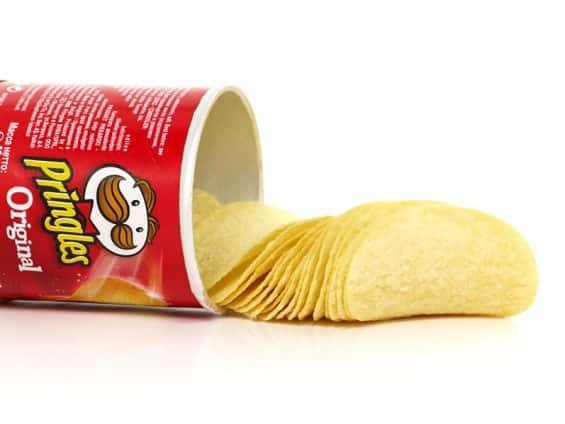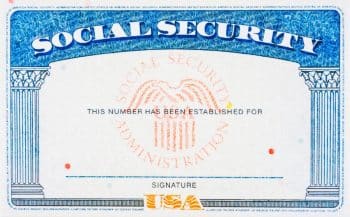Home » Spotlight • US business news » The High Court Battle Over Whether Pringles Were Chips
The High Court Battle Over Whether Pringles Were Chips
https://www.whatjobs.com/news/what-news-topical/the-high-court-battle-over-whether-pringles-were-crisps

By Hugh Fort in Spotlight, posted April 15, 2024

Pringles are well known for the slogan, "once you pop, you can't stop," but one question remains: Are they crisps?
The argument actually made it to court in 2009, where a judge decided they would be classified as a "potato snack."
The decision was bad news for producer Procter & Gamble, which was forced to pay tens of millions in tax after the decision.
The company found itself embroiled in a row with His Majesty's Revenue and Customs - the British tax authorities - over the snack and what exactly they were.
In Britain, most foods are exempt from VAT.
Looking to boost your online brand? Create your FREE business profile at WhatBiz? Here
However, potato crisps/chips are one of the few foods where VAT is added.
Procter & Gamble initially won the case when a High Court judge decided Pringle's "unnatural shape" and potato content below 50 percent meant they were exempt from the tax.
"There is more than enough potato content for it to be a reasonable view that it is made from potato"
However, HMRC then appealed, and it was then decided Pringles were, in fact, potato snacks, meaning a massive tax bill for Procter & Gamble.
The judge presiding over the case, Lord Justice Jacob said: "There is more than enough potato content for it to be a reasonable view that it is made from potato."
He said potatoes constitute 42 percent of Pringles' ingredients.
Need Career Advice? Get employment skills advice at all levels of your career
The judge added the HMRC lawyer informed him that the VAT on Pringles' sales could amount to "as much as £100m of tax for the past and about £20m a year for the future."
Speaking to the BBC at the time, Toby O'Reilly, an indirect tax director at Ernst & Young, praised the judge's "simplicity and common sense.
However, he was disappointed at the missed chance to offer "coherent guidance" on the VAT status of various snacks.
At the previous year's High Court hearing, Procter & Gamble argued Pringles were distinct from regular potato crisps due to their "mouth melt" taste, "uniform color," and "regular shape."
Lawyers also pointed out differences in ingredients and packaging.
They stated that, unlike potato crisps, Pringles don't contain non-potato flours and are sold in tubes, likening them to cakes or biscuits since they are made from dough.
Follow us on X, LinkedIn, and Facebook











